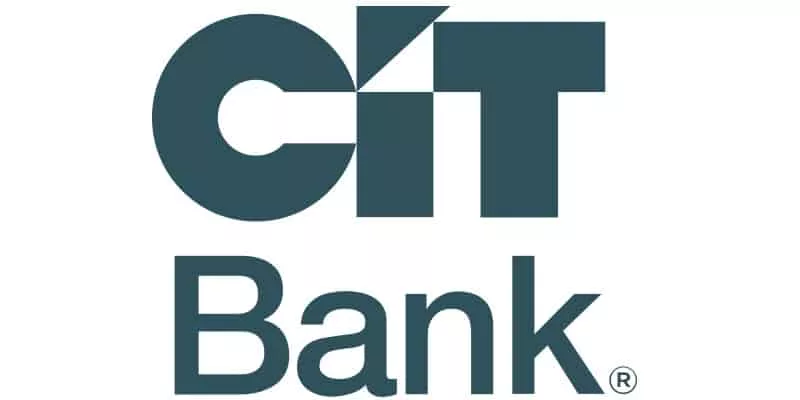Digital cash advance apps are convenient for emergencies, especially since they can get you cash in your checking account immediately.
It's always important to consider the pros and cons of cash advance apps but our review of the top cash advance apps show they are less expensive than payday loans, signature loans, and even credit card cash advances.
But more importantly, most cash advance apps don't pull credit reports in the traditional sense. They typically base their approval decisions on your income and banking history.
However, some apps may perform a soft credit check, which does not impact your credit score.
Top Cash Advance Apps of 2024
1. Best Overall Banking: Current
2. Best for Investment Options: Albert
3. Best for Poor Credit: Cleo
Current provides cash advances up to $500 if you have a Current Account. If not, you can link an external account where you already receive your direct deposit. There are no credit checks to qualify. Current offers additional benefits including a Credit Builder account and high-yield savings earning 4.00% APY.
- Loan Amounts: $50 – $500
- Time to Repay: Current automatically takes the funds from your next paycheck to repay the advance.
- Fees: None
Albert offers cash advances up to $250 with no credit check. It's a banking app that features early paycheck deposit, overdraft coverage up to $250, cash back on gas, groceries, and delivery. Albert also helps customers invest with a custom portfolio built for you or choose stocks on your own.
- Loan Amounts: $250
- Time to Repay: Next payday
- Fees: None
- Loan Amounts: $50 – $250
- Time to Repay: Cash advance must be paid back up to 14 days after taking out an advance.
- Interest: None
Cash Advance Apps vs. Payday Loans
Both cash advance apps and payday loans offer quick access to funds. Here are the top 5 differences between cash advance apps and payday loans:
Cost: Cash advance apps generally have lower fees than payday loans, often in the form of optional tips or express fees. Payday loans typically have higher, mandatory fees and interest rates.
Paycheck dependent: Paycheck advances are based on earned wages along with other factors. They are not loan or credit products. There's no interest or APR to transfer from your paycheck.
Repayment: Cash advance apps automatically deduct the borrowed amount and fees from your bank account on your next payday. Payday loans often require manual repayment or post-dated checks, which can lead to overdraft fees if not managed carefully.
Credit Impact: Cash advance apps typically don't report to credit bureaus, so they won't affect your credit score. Payday loans may report to credit bureaus if not repaid on time, potentially harming your credit.
Debt Collection: If you miss a payment on a cash advance app, they usually don't send you to collections or report to credit bureaus. Payday lenders may be more aggressive in collections and can report to credit bureaus, leading to further credit problems.
Final takeaway
Cash advance apps can cover you in an emergency but there are some precautions to consider including:
Repayment – Most cash advance apps require repayment on your next payday, which can create a cycle of debt if you can't afford to repay the full amount. This can lead to borrowing more to cover previous debts and expenses, further increasing your financial burden.
Lack of Regulation – Cash advance apps are not always regulated like traditional financial institutions, meaning they may not have the same consumer protections in place. This could make it harder to resolve disputes or seek assistance if you encounter problems.

















